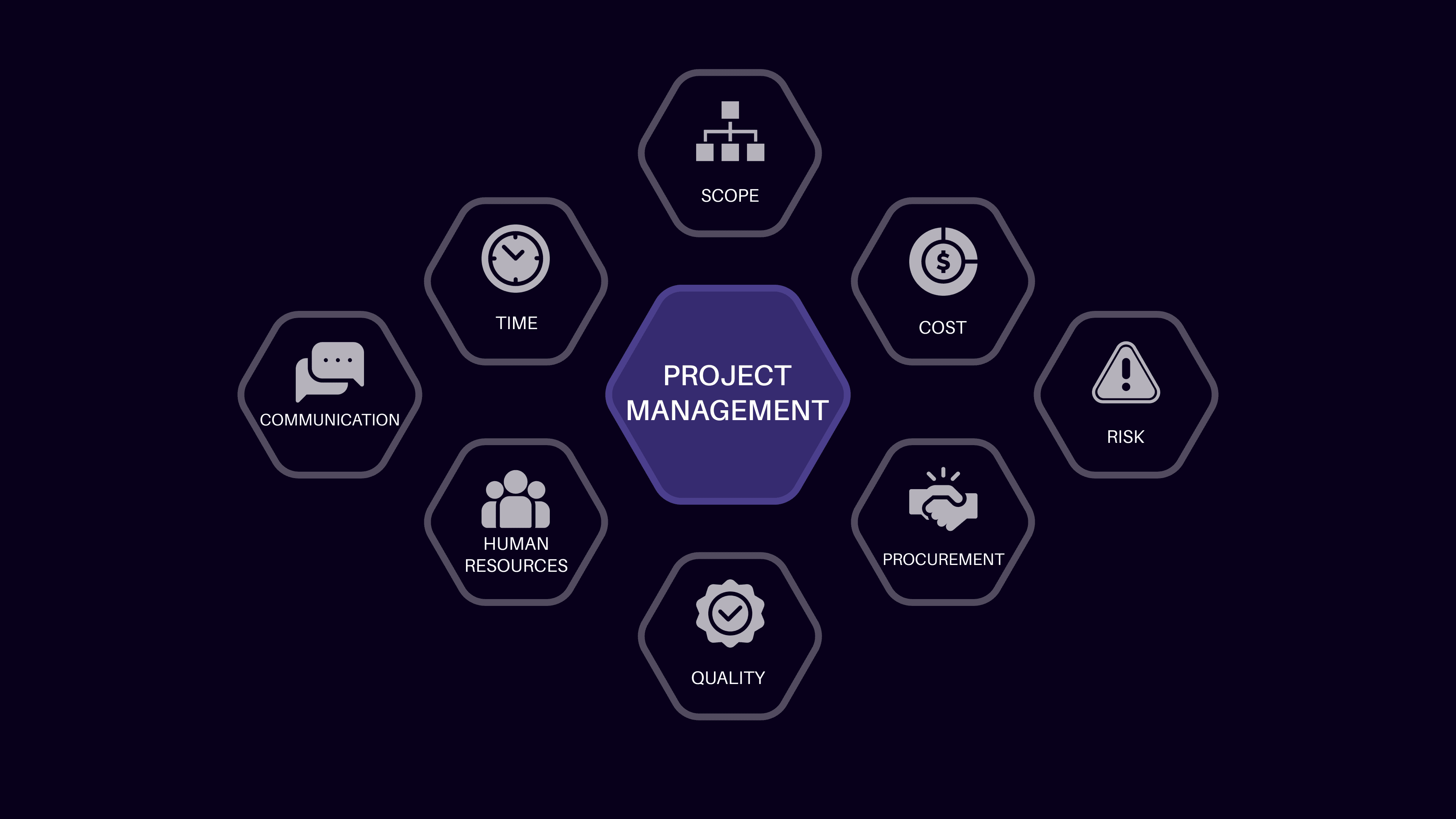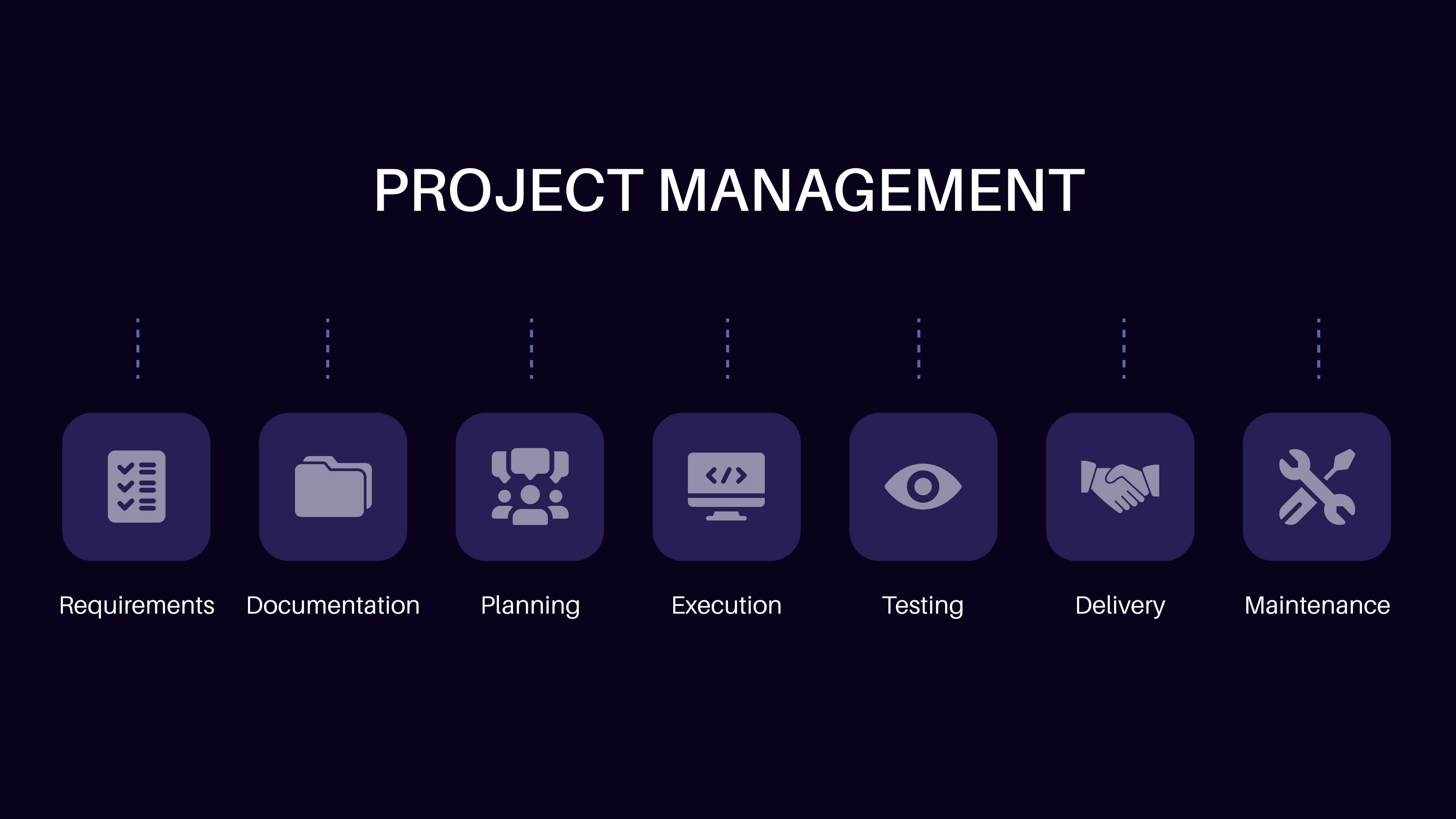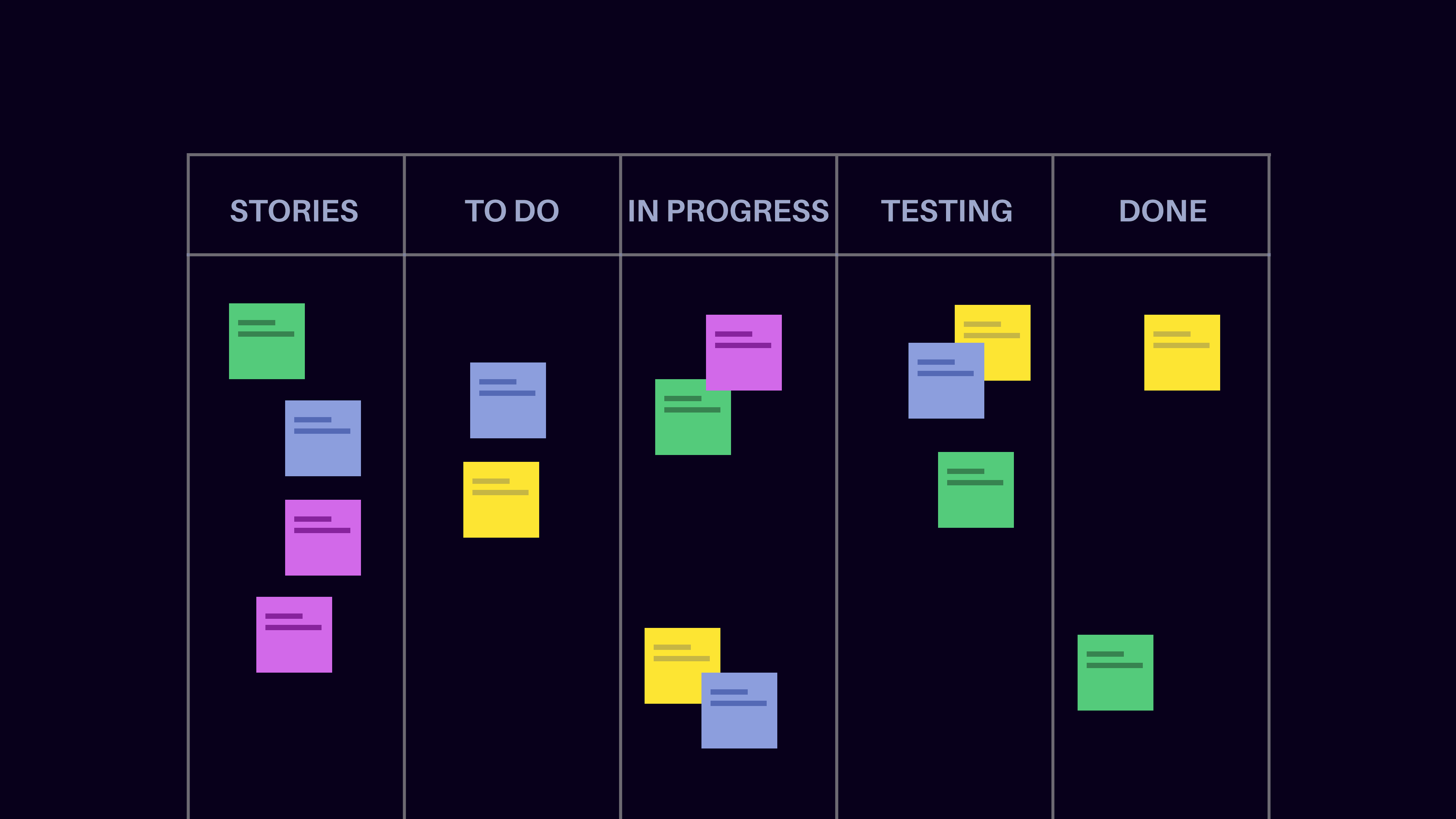What Is Agile Methodology in Project Management?

I'm sure the term Agile is familiar to you, right? Recently, work methods have been changing, especially when it comes to the ways of analyzing, organizing and developing projects. Originating in the IT universe, this buzzword represents an alternative method of software development.
Today I will address these methodologies and explain, as a web and mobile application development company, how we manage our projects based on these.
Let's start, first of all, by understanding what defines, after all, a project. A project:
- is something unique;
- has a defined beginning and end;
- is progressive;
- has limited resources;
- has a clear and feasible goal;
To make it all clearer, we will use as an example one of our most recent projects, the START POINT Summit app had a clear goal: to support the 13th edition of the START POINT SUMMIT with a mobile app (increase the interaction between students and companies) which makes it a unique project; a defined start and end (with start and delivery dates); resource limitations (e.g. time and budget).
When we work on a project, we always aim to exceed expectations through the product created. To do this, we always take into consideration:
- the users (their age, respecting the standards they are already used to when interacting with an application, etc);
- the client (what he wants and what his business goal is);
- the following elements: development, design, project management and marketing.

When it comes to project management, we are big fans of the Agile Methodology. If you face difficulties in meeting deadlines, lack of integration between employees and the team, or if the product requirements are different from the original request? This option may be the solution.
We consider it to be the right methodology for projects that demand speed and flexibility. This type of organization consists in dividing the project into small parts, which are concluded in short periods of time.

- Value people and their interactions with the product more than processes and tools;
- Value working software more than comprehensive documentation;
- Value collaboration with the customer rather than contract negotiation;
- Prioritize responding to change over following a plan.
- Versatility: work is organized so that real, concrete goals are realized.
- Transparency: constant contact with the client, allowing changes to be made more effectively and productively, and prioritizing features.
- Quality: errors are reduced and corrected early, since delivery is done in stages, which improves the user experience and the quality of the product.
- Productivity: precise goals and deadlines are defined with processes adjusted to the business reality.
Of the various new tools that are based on agile principles, the one that best adapts to our reality is Kanban. This tool is a structure of a board or diagram with columns in which each is associated with a state. Here, which task is placed depending on the state of it. The tasks can have different levels of execution priority and according to whether a task is running, testing, or completed, it will be placed in the corresponding column. This board should be available to everyone on the team, so that everyone is aware of the status of the tasks and the project, and knows exactly what they have to do when they finish a task.
- Visualization: see all tasks within the stage (more informative);
- WIP (work in progress): limit the number of tasks running, so the team is not committed to doing too much work at once;
- Flow: as soon as a task is completed, the highest priority task of the stage starts.

What impact does this methodology have on the team on a daily basis?
From my point of view, besides the whole team knowing the progress of the tasks and the project through the daily meetings, it boosts the team's productivity and efficiency.



